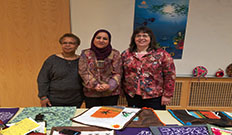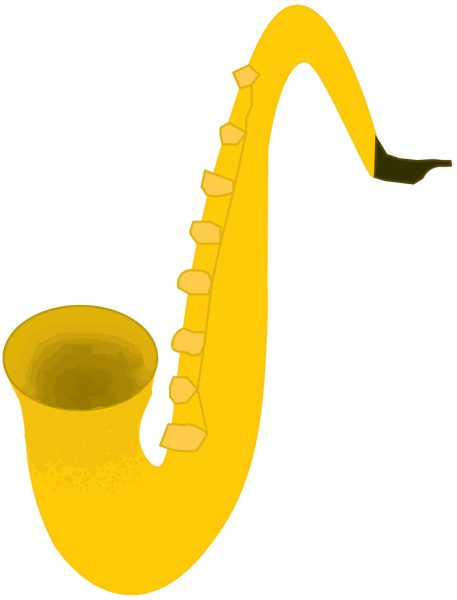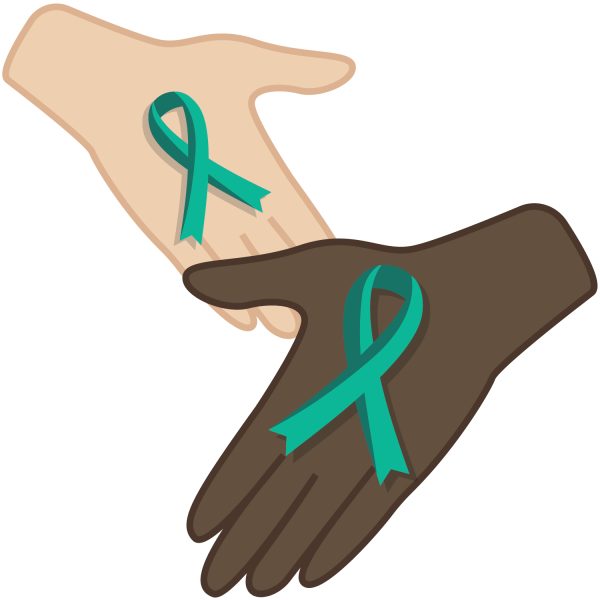The Power of Egyptian Women in 2017

Women are changing societal expectations in Egypt.
Manal Kabesh from Cairo, Egypt came to the University of Wisconsin-Platteville on April 26 to give a lecture on what women in Egypt have overcome and accomplished in 2017. Kabesh has her Ph.D in English Literature and studies English education as well as English as a second language. Kabesh wanted to show that women can do many roles, as she also raises a family.
“Women must not be seen in singular roles. They should be seen in their multiple roles” Kabesh said.
Kabesh talked about how the women in Egypt are starting to gain more leadership and governmental roles. In 2016, the first woman shipmaster was appointed; and in 2017, the first female governor of Egypt was elected, Nadia Abdu. Kabesh shared that Egypt currently has 89 women in the parliament and she said these are great advances for Egypt.
Kabesh, happy with the progress that women are making, does not want them to forget about family life and the satisfaction that it can bring. She said that by no means does she want to see women regressing but she wants to see more women balancing the family and work life instead of just one or the other.
“Balance the warm feelings of family and the work of a career,” Kabesh said.
Kabesh shared that women in Egypt make up one third of the workforce and they are the majority when it comes to voting. She believes that the successes for women lie with the women.
“Women should empower other women,” Kabesh said.
In Egypt, women have been making progress for years and this is something that should be happening in the United States. Many women today are working on overcoming their own challenges, whether that be going into the STEM field or any other male dominated force, or trying to gain the courage to be comfortable in their own skin. Kabesh’s advice for those women who are working hard to overcome challenges in their lives is this:
“Love yourself, change comes from inside,” Kabesh said.
Kabesh shared that in 2011, the rights of women took a spiral downwards, and they were supposed to stay at home, hold no political power and have no power in impactful choices for their country. This was due to the rise of the political Islam. Women have made leaps and bounds from that in 2017 but there is still more that can be done.
“Egyptian women are always in the heart of the nation,” Kabesh said.












